How to remove ingrown hairs: an overview of removal methods
Contents
- ✔️ What is an ingrown hair?
- ✔️ Sign up and get a discount!
- ✔️ Pseudofolliculitis: causes of occurrence
- ✔️ How to remove ingrown hair at home
- ✔️ Skin care mistakes – causes of ingrown hair
- ✔️ Removal of ingrown hairs in a beauty salon
- ✔️ The most effective hair removal method
- ✔️ How to prevent hair ingrowth?
Ingrown hairs are referred to as pseudofolliculitis by dermatologists. They most commonly appear on the legs, arms, bikini area, or underarms. In today’s article, we will discuss how to remove ingrown hairs, the risks of ignoring this problem, and whether it can be avoided.
What is an ingrown hair?
Before discussing the removal of ingrown hairs, it’s necessary to start with an explanation of this phenomenon. A hair becomes ingrown when its tip, after being removed with the root or shaved, cannot break through the upper layer of the epidermis. Hairs may grow in the opposite direction or into the inner layer, parallel to the skin surface.
This can cause inflammation in the form of a red bump, a firm formation accompanied by dry skin.
Sometimes, several ingrown hairs can merge to form a large inflammatory area.
Ingrown hairs do not pose a significant health risk, but they are unsightly and cause itching and concern about when the area will “heal” and the skin will become smooth. Therefore, it is not surprising that many want to know how to get rid of ingrown hairs.
| Methods for removing ingrown hairs | Description and recommendations |
| Mechanical peeling (scrubbing, exfoliation) | Using gentle abrasive cosmetic products (scrubs) to exfoliate the skin and remove dead cells. This helps to free ingrown hairs. |
| Tweezers or needle | In some cases, you can carefully extract ingrown hairs using tweezers or a needle. It is important to maintain sterility to avoid infection. |
| Hydrocortisone creams | Using creams with hydrocortisone helps reduce inflammation and itching in the area of ingrown hairs. |
| Skin massage | A light skin massage improves blood circulation and helps hairs grow in the right direction. |
| Electroepilation | Electroepilation can also be useful in the long term to prevent the growth of ingrown hairs. This method destroys hair follicles with an electric current. |
| Laser hair removal | Laser hair removal reduces the risk of ingrown hairs since the laser destroys the hair follicle. It is a more reliable, safe, and long-lasting method compared to home methods. |
Sign up and get a discount!
Pseudofolliculitis: causes of occurrence
Why do hairs become ingrown? The reasons for disrupted natural hair growth can vary:
- incorrect shaving technique – against the grain, dry shaving;
- stretching the skin while shaving;
- naturally coarse, curly hair;
- after tweezing with tweezers or epilating with an electric epilator;
- after sugaring or waxing procedures;
- not using a scrub, and the upper layer of the dermis is quite thick.
Another cause of ingrown hairs is tight clothing. The bikini area is most often affected by tight contact. By minimizing these factors, you will likely not have to worry about dealing with ingrown hairs in the future.
 How to remove ingrown hair at home
How to remove ingrown hair at home
Removal with a Needle. This is one of the simplest and most common ways to remove ingrown hair at home. First, prepare a needle and tweezers and disinfect them. Soften the skin. Treat the area with calendula tincture or hydrogen peroxide to prevent infection. Use the needle to lift the hair and then pull it out with tweezers. Pull slowly and gently to avoid breaking the hair at the root. Disinfect the area again with an antiseptic solution or an anti-inflammatory lotion.
Removal with Scrub. This is also a popular, but gentler method to remove ingrown hair. If the hair is not growing into the inner layer of the dermis and you can see it through the translucent upper layer, you can try removing it with abrasive products. Scrubs remove dead cells and gently take off the thin layer, and if the skin is pre-softened, the hairs will “break through” without additional tools, salon procedures, or treatments.
Although we have just described how to remove ingrown hair at home, we still recommend avoiding such procedures. Both methods can be ineffective and even dangerous if you introduce an infection due to poor tool sterilization. Think carefully before following tips on how to remove ingrown hairs on legs at home – it’s better to trust the procedure to a specialist at a reputable salon, where sterilization is a priority.
Skin care mistakes – causes of ingrown hair
To avoid searching for answers to the question “How to deal with ingrown hairs on legs and other parts of the body?”, it is better to prevent the problem. Here are some common mistakes that affect hair growth. Pay attention and take proper care of your body yourself:
- Using scrubs for the intimate area is not recommended. This area is very delicate. If hairs ingrow in this area after depilation, using a scrub only disrupts the integrity of the skin over the inflamed bumps and may introduce an infection. The incorrect growth direction remains unchanged. Do not look for advice on how to remove deeply ingrown hair in the pubic area online; it is especially important to seek professional services in this case.

- Using greasy creams and oils in the bikini area. Oil, when used frequently and incorrectly, can cause comedones and inflammation. In areas with inflammation, the hair also has difficulty “breaking through.” It is better to use creams with light textures that do not leave a greasy film on the surface.
- Using an unsuitable hair removal method. If, after starting a new type of hair removal, hairs periodically ingrow – consult with a specialist and see what they recommend. This method of removal may not be suitable for you. The problem also appears with portable epilators and improper use of razors.
- Ignoring moisturization. When the skin is too dry, hairs can also become ingrown. With increased dryness, try to regularly use moisturizing products to soften and increase elasticity. This reduces the likelihood of ingrowth.
- Not following the cosmetologist’s recommendations. A professional who performs hair removal or depilation in a salon will recommend products that are important in the post-procedure period. Do not neglect them to keep your skin smooth.
- Poor preparation for hair removal or lack thereof. In salons that care about their clients, they will always inform you about actions to take a few hours or days before the procedure (e.g., moisturizing, scrubbing, avoiding tanning, etc.)
Removal of ingrown hairs in a beauty salon
Masters at certain beauty salons know how to remove ingrown hairs. Therefore, it is worth taking advantage of their experience and knowledge. Even if you stop going for sugaring and waxing and follow shaving rules, ingrown hairs will still periodically appear. After all, the genetic factor (naturally curly, coarse hair) will not go away.
To completely get rid of unwanted hair, you need to take a radical approach. For this purpose, photoepilation and laser hair removal methods are used. The appropriate equipment directly affects the hair follicle – it “dies.” After a course of procedures, the hair disappears for a long period or stops growing altogether.
The most effective hair removal method
Specialists in modern salons know how to remove ingrown hair using various methods. The most effective method, which makes hair disappear for a long time or permanently, is the laser hair removal procedure.
Different types of laser devices vary in their methods of action. For more details, see our page.
We work with the latest generation laser device, which ensures comfort, painlessness, and safety for health. This is the Motus AX laser machine from DEKA. Thanks to the cooling tip, the treated area, unlike procedures with other devices, does not heat up or get damaged. The tip ensures painlessness.
The laser is used for all hair types (except for fine and gray) and skin tones (including African American).
To make a specific area of the body smooth, a course of procedures is needed. Typically, this is 6-10 procedures. The number of sessions depends on the combination of skin type and hair color.
 How to prevent hair ingrowth?
How to prevent hair ingrowth?
Follow the prevention recommendations:
- Use scrubs and peels to make the upper layer thinner and physically massage the tissues.
- If ingrowth started after waxing or sugaring, abandon this method of hair removal, or better – switch to laser hair removal.
- During shaving, use foams and creams, and soften the depilation area before the procedure.
- Do not shave against the grain, do not stretch the skin.
- Shave with a sharp razor, change the blade regularly.
- Use special products that prevent ingrowth. For example, ichthyol ointment and salicylic acid relieve irritation and restore.
The listed methods prevent ingrowth but not in all cases. If there are no hairs, the question of “how to remove ingrown hair at home?” simply does not arise. Therefore, we recommend not experimenting with your own body but signing up for a painless procedure at our salon. After a course of laser hair removal using the Moveo technology, you will no longer need to ask how to get rid of ingrown hairs on legs or other parts of the body.
Make your skin smooth forever!

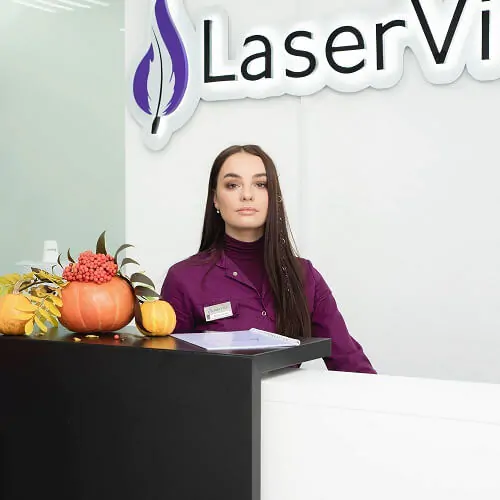









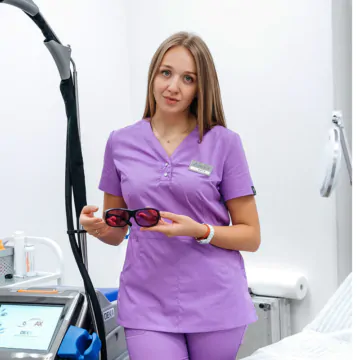










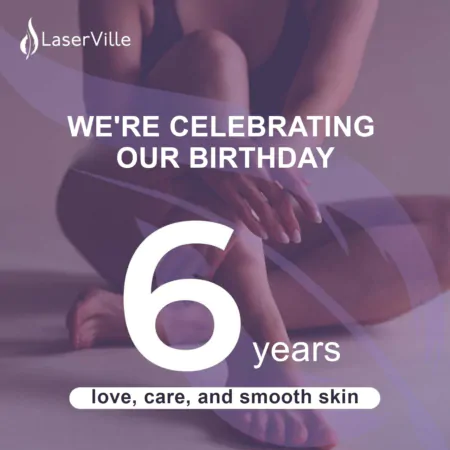
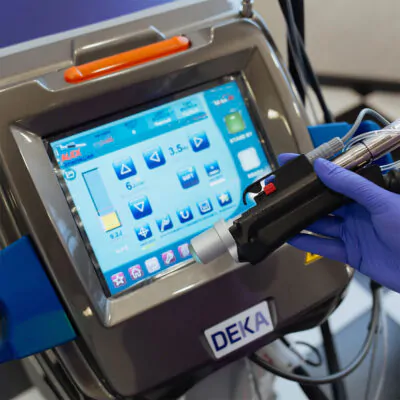

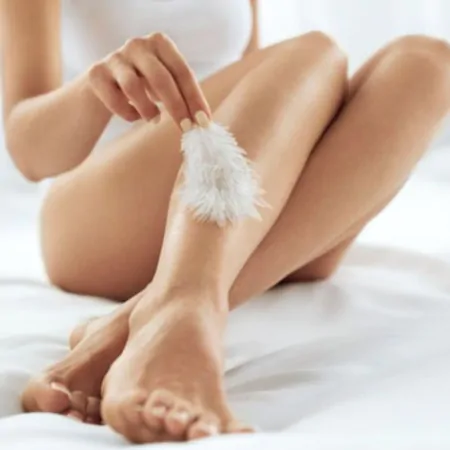
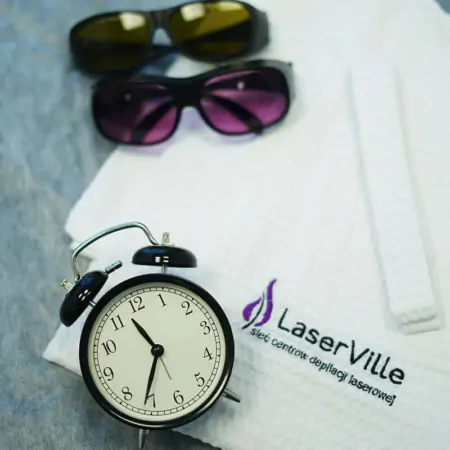
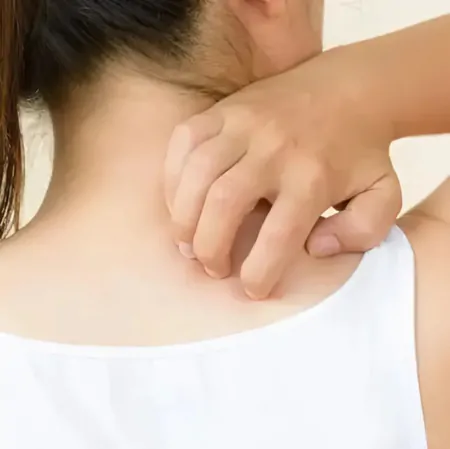
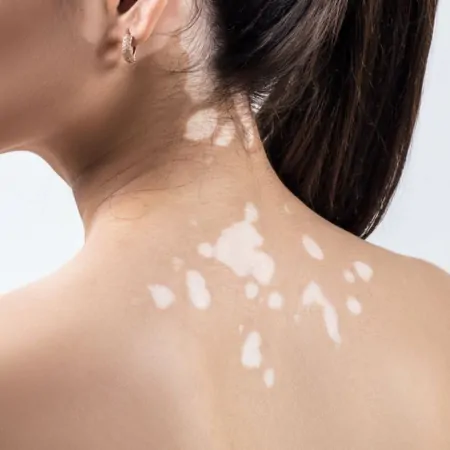


No reviews